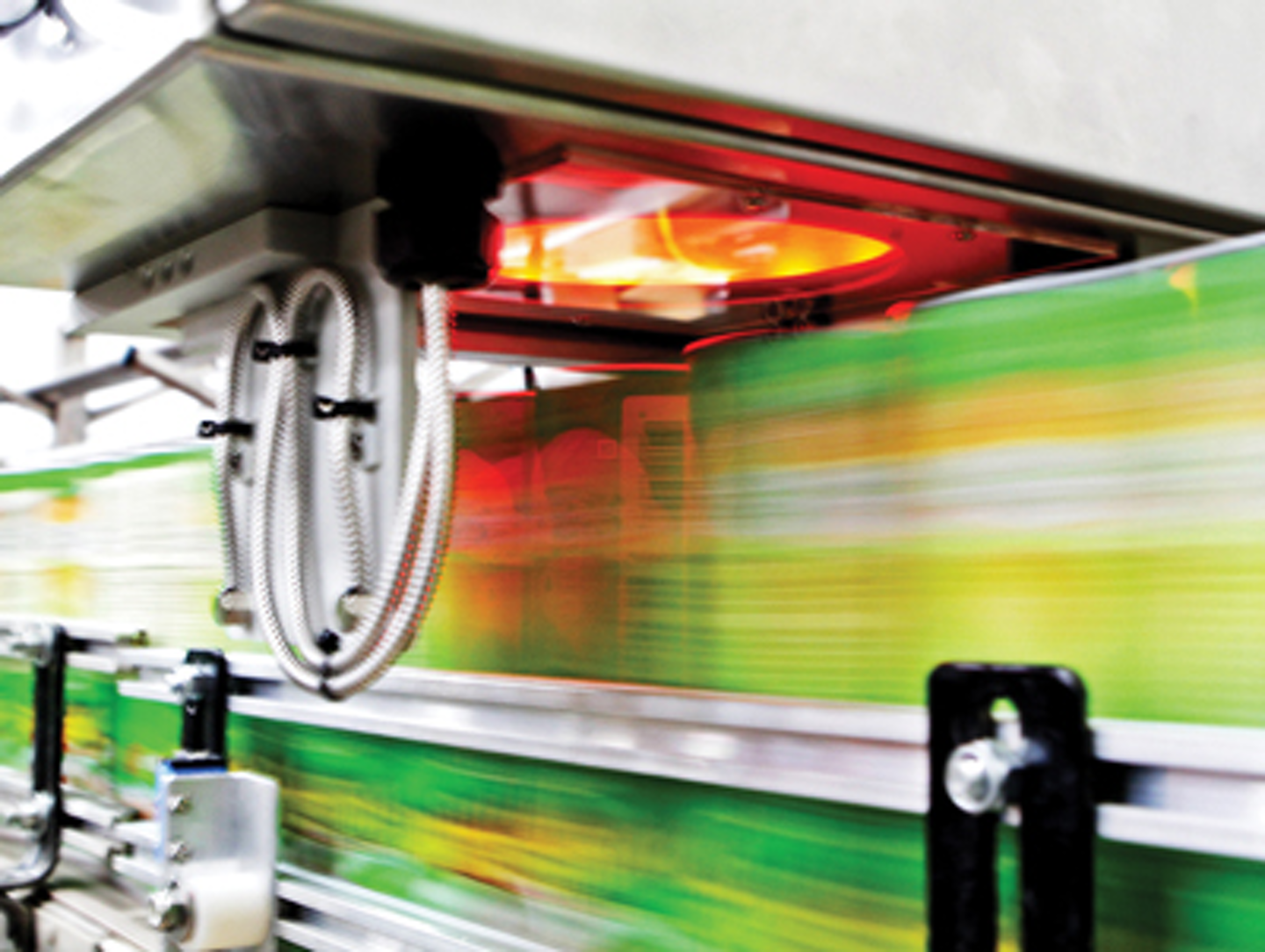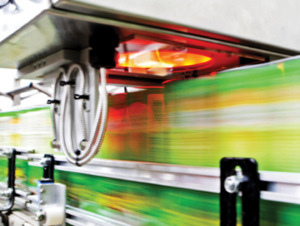The average cost of a food product recall is greater than $10 million when adding the time, effort and expense of recovering the recalled products, according to Food Safety Technology. While this cost alone may be surmountable for larger packaged food companies, it’s only the tip of the iceberg when it comes to the consequences of a recall. Customer loyalty, lost market share, and a number of other considerations must be made to fully measure a recall’s impact on your brand.
Despite the underlying issues that lead to product recalls, there’s no good reason why recalls should be as common as they are in 2020. Today’s vision inspection technology is capable of identifying and reporting major issues longbefore these products ever leave the plant. In this blog, we’ll identify the major impact product recalls can have on a brand and recommend solutions to avoiding future product recalls.
Negative Impacts of Food Product Recalls
Costs
Let’s start with costs. The cost of a recall is not equal to the cost of the wasted product alone, but also includes the costs of finding, transporting and destroying that product, plus the costs associated with disruption to your supply chain. These cost factors include:
- Business Interruption – halting production to discover and correct the underlying issue
- Reverse Logistics – retrieving and disposing of the recalled product
- Notification to Relevant Parties – customers, supply chain, regulatory bodies, and consumers should be notified
- Additional Labor Costs – to perform each of the above tasks that typically have not been budgeted for
Customer Loyalty
When consumers lose trust in a brand it ultimately translates to losses in sales and market share, especially if the recall is due to undeclared ingredients and allergens. In a recent report by Food Safety Magazine, 55% of consumers said they would temporarily switch brands following a recall. Additionally, 15% said they would never purchase the recalled product again and 21% would avoid purchasing any brand made by the manufacturer of the recalled product.
Even if you don’t experience a recall, poor experience with your product because of mislabeling or miscoded products will tarnish the brand and further hurt the product’s chances of becoming a “winning product launch” that has significant sales in the first year. Consider this. What is the total investment in bringing your new product to the market? What percentage of that investment is worth making sure products are labeled correctly? If you lose even 10% of your sales because mislabeled cans cause poor consumer confidence, what does that cost you?
Common Causes for Recalls
Despite the time and expense associated with correcting these issues, recalls are not at all uncommon. In fact, there has been an average of 35 recalls per month for labeling errors alone so far in 2020. Common issues for recalls include:
- Undeclared (or Illegible) Allergen Information – Whether allergen information is unreadable or excluded from packaging outright, a recall is a matter of “when” not “if.”
- Mismatched Product & Packaging – Packaging is filled with the wrong product version by mistake and as such has to be recalled.
- Mislabeled Lids & Packaging – The labels or lids are applied to the wrong packaging, which again results in a recall.
Improving traceability for faster identification and reporting of these issues can help you avoid costly recalls and reduce product and plastic waste. This will be a key tactic CPG companies use to reach their 2030 sustainability goals.
How to Avoid Recalls
With 20+ years of experience designing packaging inspection systems, EPIC Systems is well aware of the top causes for product recalls and the steps necessary to avoid them. EPIC can design and integrate precise, high-speed vision inspection systems that can automate your quality control process.
Under the “packaging inspection” umbrella are several specific types of automated inspections. Here are a few we commonly work with:
- Bottle, Can and Case Inspection: Inspects for dents, defects, damage, holes, and creases for plastics, metals or glass
- Packaging Inspection & Label Inspection: Inspect for wrinkles, position, skew, date codes, (OCR), damage, symbols, logo verification, and allergen text legibility
- Cap & Seal Inspection: Examines molded features, missing caps, correct seals, crooked caps, high caps, or the correct color caps.
- Color Inspection: Color camera applications and color verification
To learn how EPIC can prevent recalls for your brand call 314-806-1678 or contact us online.

